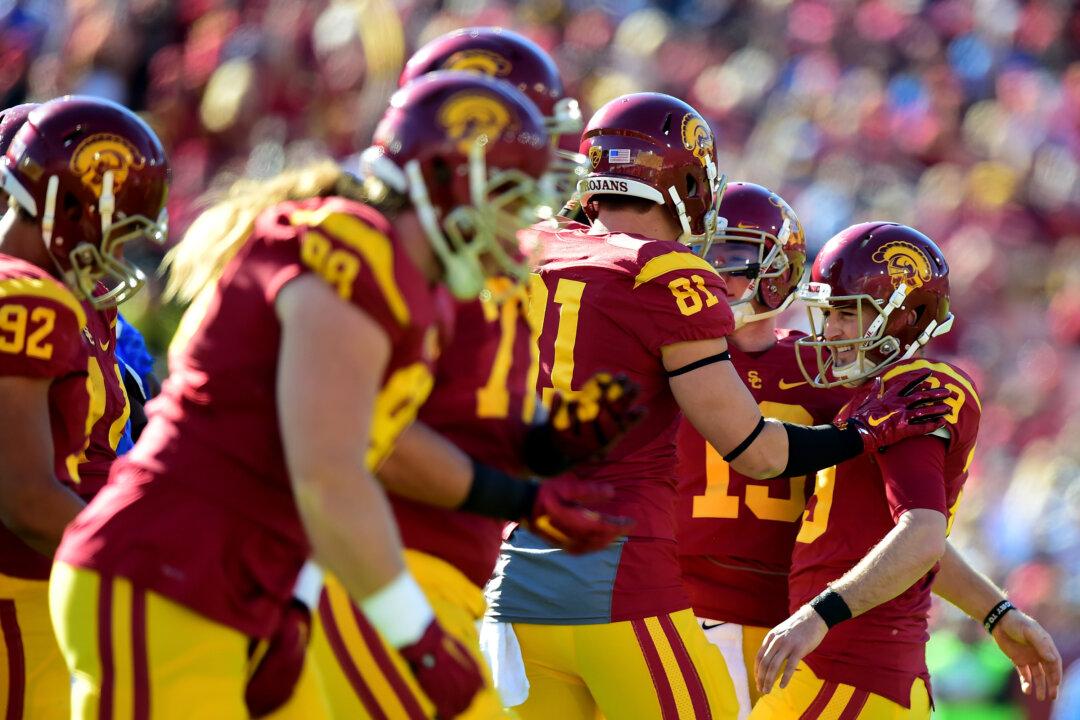LOS ANGELES—University of California staffers proposed a policy shift Aug. 17 aimed at giving the Board of Regents and UC system president greater oversight of major campus athletic system decisions—such as University of California–Los Angeles’s planned exit from the Pac-12 Conference in favor of the Big Ten.
Meeting at UCLA, the Board of Regents grilled its staff attorney over existing board policies governing the delegation of decision-making authority to the UC president and individual campus chancellors.





